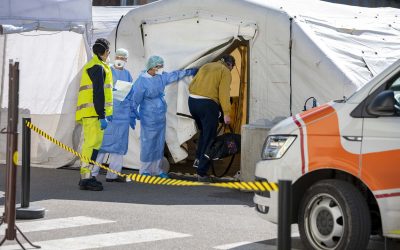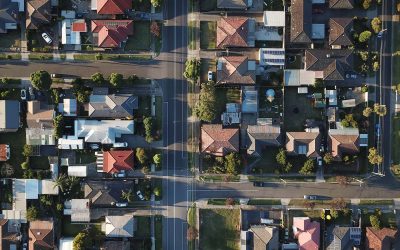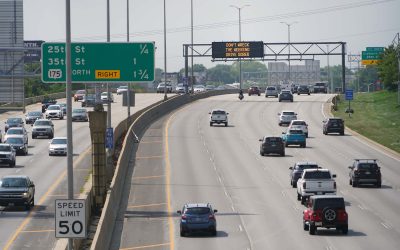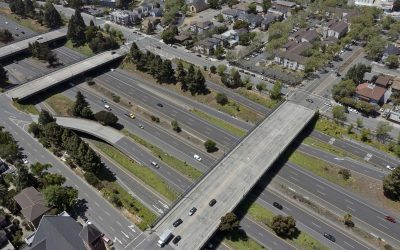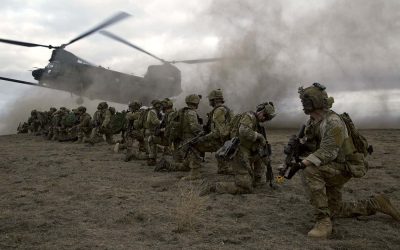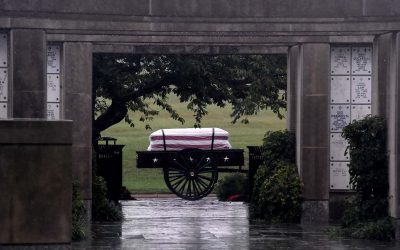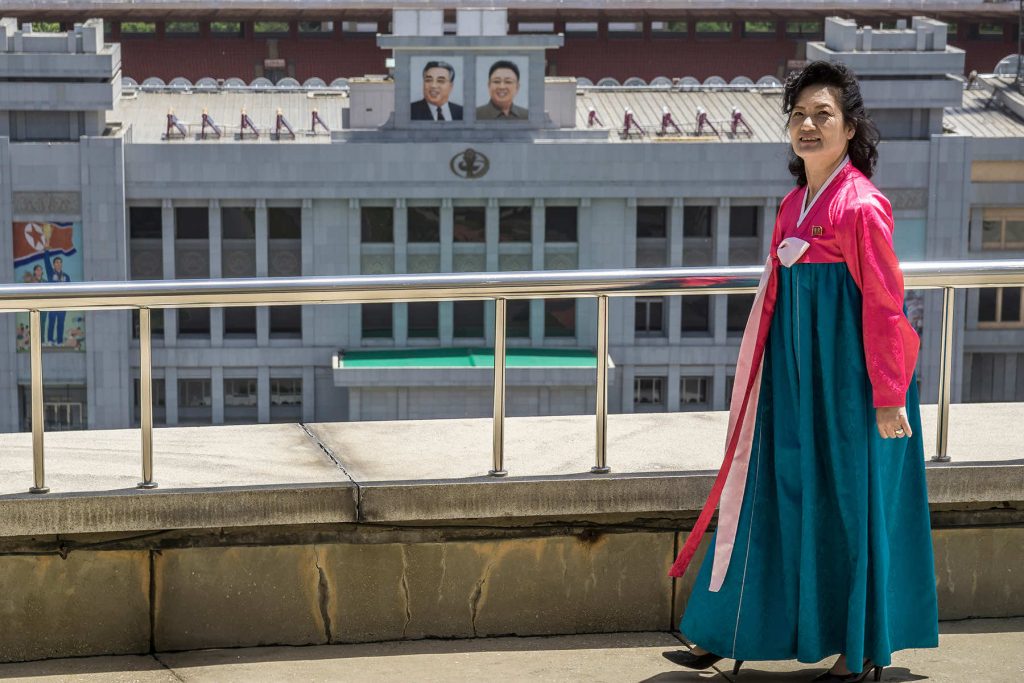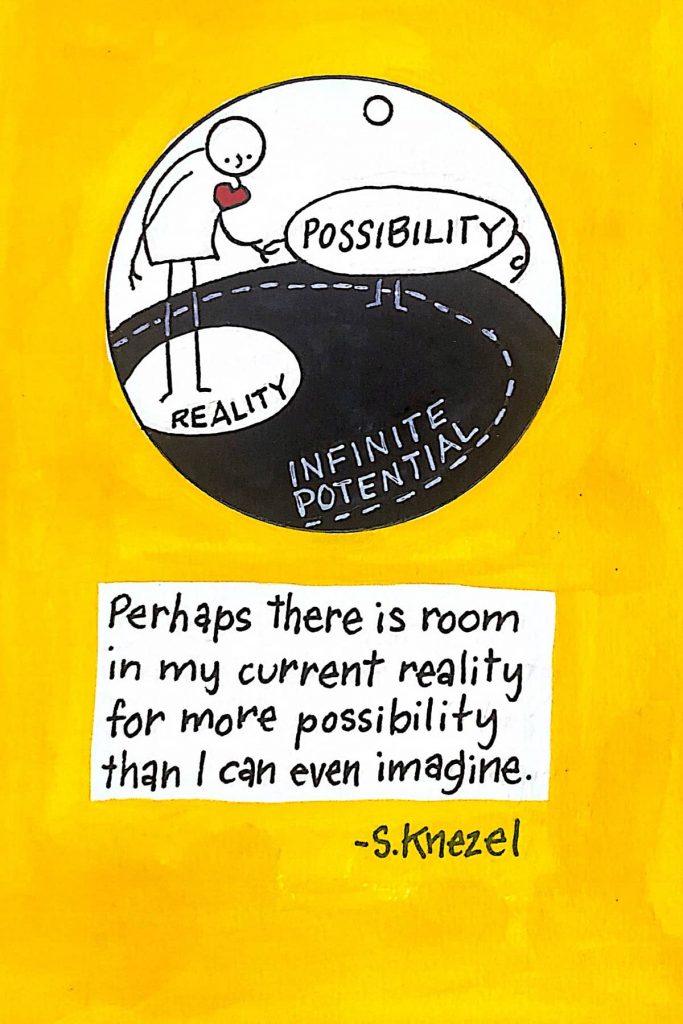Communities in Need: How Hayat Pharmacy became a health care provider in Milwaukee due to the pandemic
The COVID-19 pandemic has changed the role of community pharmacies and the ways the public interacts with them, especially in underserved areas. Dr. Hashim Zaibak — who heads Milwaukee’s Hayat Pharmacies with more than 12 locations and a staff that speaks 22...
Privatizing Discrimination: Texas deploys Jim Crow tactics by deputizing citizens to enforce dubious laws
By Stefanie Lindquist, Foundation Professor of Law and Political Science, Arizona State University The new Texas law that bans most abortions uses a method employed by Texas and other states to enforce racist Jim Crow laws in the 19th and 20th centuries that aimed to...
A distrust of the health care system: How to confront vaccine refusal in communities of color
The United States has more access to COVID-19 vaccines than perhaps any other country on the planet. We went from being one of the hardest-hit by the virus in 2020 to leading the world in vaccine access in 2021. Today, most drugstores offer shots without an...
A Right to be Forgotten: Largest American news agency changes policy for crime reporting to do less harm
By Maggie Jones Patterson, Professor of Journalism, Duquesne University; and Romayne Smith Fullerton, Associate Professor, Information and Media Studies, Western University When the names of suspects appear in crime stories, their lives may be broken and never put...
Strain on the System: COVID-19 cases continue to climb with Wisconsin hospitals filling to capacity
Hospitals in northeast and central Wisconsin are nearing capacity as COVID-19 infections spike in the region. It is a heartbreaking situation whenever an ICU needs to transfer a patient, according to Dr. Imran Andrabi, president and CEO. And recently, transferring...
New data shows decline of poverty in 2020 as a result of COVID stimulus funds
Despite the COVID-19 pandemic and ensuing spike in unemployment, poverty in the U.S. declined by roughly 2.6% from 2019 to 2020 as a result of the federal government’s expansion of the social safety net, new data released on September 14 showed. For the first...
A Ponzi Scheme of Prosperity: The American pattern of development only creates the illusion of wealth
The North American pattern of development is an unprecedented experiment. For thousands of years, humans around the world built their habitat in similar ways, at similar scales, in patterns still familiar. In the wake of the Great Depression and World War II,...
Deadly Profit: Big Tech companies continually put revenue over the safety of their users
Are social-media companies killing people? President Biden recently said they were. But then he clarified his remarks, explaining that misinformation was the real threat. It is actually the combination of the two that is costing lives. Biden’s comments followed...
Fix at Six: Widely supported coalition proposes sustainable alternative to expanding I-94 corridor
A coalition of transit, faith, and environmental groups is proposing an alternative to a controversial $1 billion plan to expand a 3-mile stretch of the Interstate 94 freeway system west of Milwaukee. The report Fix at Six: A sustainable alternative to expanding I-94...
Segregated Infrastructure: Removing urban highways can repair neighborhoods blighted by racist policies
By Joan Fitzgerald, Professor of Public Policy and Urban Affairs, Northeastern University; and Julian Agyeman, Professor of Urban and Environmental Policy and Planning, Tufts University The US$1.2 trillion infrastructure bill now moving through Congress will bring...
The profit of pointless wars: Why America is not safer after fighting existential struggles in far-off lands
The United States emerged from its victory in World War II as the world’s preeminent superpower. Its annual military budget, about three-quarters of a trillion dollars a year, exceeds the aggregate of the next ten countries in the world. Yet despite...
Lives, Dollars, and Years: Calculating the cost and loss of the War in Afghanistan
By Neta C. Crawford, Professor of Political Science and Department Chair, Boston University The U.S. invaded Afghanistan in late 2001 to destroy al-Qaida, remove the Taliban from power and remake the nation. On August 30, 2021, the U.S. completed a pullout of troops...





